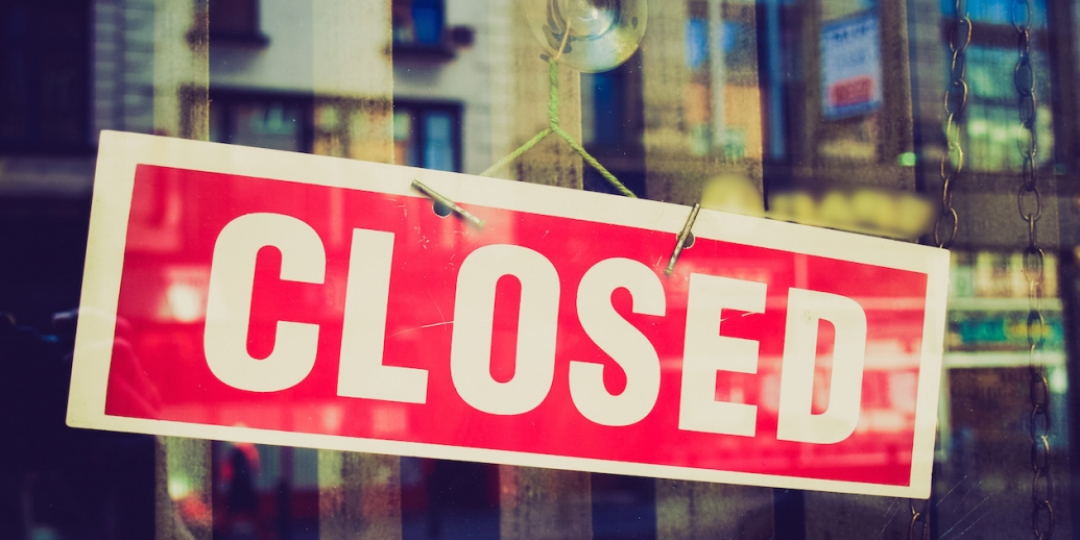Half of all travel agencies in South Africa don’t have the cashflow to survive beyond July if the current travel ban continues, according to an Asata survey.
Ceo Otto de Vries says 50% of 132 travel agencies surveyed at the beginning of May said they would have to close within three months if the travel lockdown persisted, and 35% indicated they would have to do so within six months. He says the sample is representative of what is happening in the industry at large.
The survey tallies with opinions among industry leaders (who asked not to be named) that up to 60% of agencies are at risk. Otto believes ITCs, franchisees and businesses that drive high volumes and low margins are particularly under pressure.
“It really depends on how well businesses have managed the crisis at an early stage by conserving cash, mitigating risks around customer demands for refunds, managing receipts from suppliers and customers, rightsizing their staff and minimising all other costs to sustain the business as long as possible. Those that are able to conserve cash and mitigate costs are the ones who are going to be best positioned to survive through this,” says Otto.
He says several businesses have already begun implementing Section 189 retrenchment processes, while other have reduced staff working hours. Government’s UIF COVID-19 TERS (Temporary Employer-Employee Relief Scheme) has helped substantially to manage cashflows and has enabled many businesses to keep staff on the payroll, he adds. “There has been a real effort by the industry to protect jobs, however there are some that have had to make deep staff cuts in order to sustain their businesses.” The three-month (April to June) limit on UIF TERS assistance is concerning and may impact businesses’ ability to retain staff going forward, says Otto.
Some 80% of Asata members applied for assistance from UIF TERS, of which about half reported payouts. He says high numbers of administrative errors early on have been resolved. Some 65% applied for assistance from the Tourism Relief Fund but no payouts were received (payouts were frozen during the court challenge around the BEE criteria); 35% applied for the SMME Debt Relief Scheme but less than 10% received assistance from there to date. Some businesses received help from the South African Futures Trust.
Asata is conducting monthly surveys to analyse trends and is using the data in its engagements with government to help decision-makers understand the implications of the lockdown for travel agencies and staff. Otto says a huge amount of lobbying is happening behind the scenes through the Tourism Business Council of SA, which has prepared tourism industry protocols to convince government to lift the travel ban earlier.
He says Asata has been active in identifying to government effective relief programmes for the industry. “We have attempted to engage various ministries; we have worked through the Department of Tourism, engaged directly with the presidency and various other entities.” He says government’s lack of response to date to the urgent appeal by air transport and tourism bodies – Iata, Aasa, Afraa, WTTC and UNWTO – for industry aid, reflected that government was overwhelmed by different business sectors requesting support, its inability to provide aid, and its having prioritised alleviating the impact on the poorest sector of the country.














